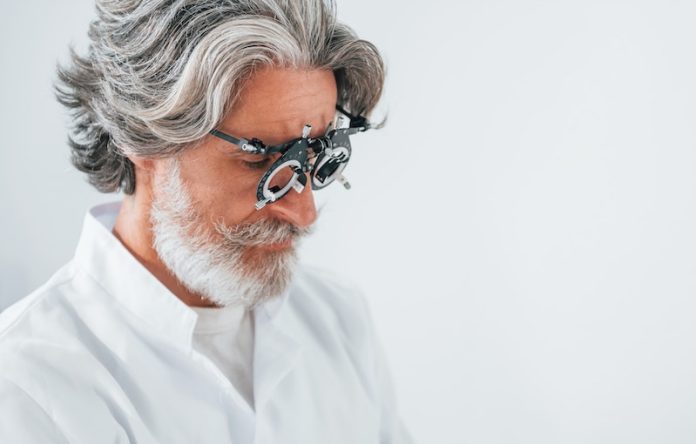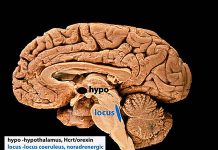
A new study shows that the thickness of a specific part of the eye might be a clue to how well the brain is working in older people.
Researchers led by Dr. Hyeong Min Kim in South Korea found that older adults with a thinner layer in the central part of their retina were more likely to have problems with memory and thinking.
This could mean that eye tests might one day help spot early signs of brain diseases like Alzheimer’s.
How Did They Do It?
The study involved 430 Koreans who were 60 years old or older. The researchers took detailed eye measurements at the start of the study and then checked the participants’ memory and thinking skills over an average of 5.4 years.
The eye layer they focused on is called the “macular retinal nerve fiber layer” (RNFL).
The team used two standard tests—the CERAD score and the MMSE score—to gauge how well the participants’ brains were functioning both at the start and end of the study.
What Were the Findings?
The team discovered that the thickness of this eye layer was connected to the scores on the brain function tests.
Specifically, people with a thinner macular RNFL were more likely to show a drop in their CERAD and MMSE scores over time. This decline was more noticeable when compared to those with a thicker macular RNFL.
In other words, the study suggests that a thinner macular RNFL might be a sign that an older adult’s cognitive performance, including memory and thinking, is more likely to worsen over time.
The researchers believe that this eye layer could serve as an easy-to-check sign or “biomarker” for understanding changes in brain health.
Why Does This Matter?
The ability to predict who is at higher risk for cognitive decline and Alzheimer’s disease is an important step in preventing or slowing down these conditions.
Currently, most methods to assess cognitive decline are either expensive or invasive, like brain scans or spinal fluid tests.
If the thickness of an eye layer can give us similar information, it could be a cheaper and less invasive way to monitor brain health.
Remember, the eye is a window to the soul, as the saying goes. This study shows it might also be a window to the brain.
However, the researchers caution that more work is needed to confirm these findings and understand how best to use this new information.
If you care about brain health, please read studies about vitamin D deficiency linked to Alzheimer’s and vascular dementia, and higher magnesium intake could help benefit brain health.
For more information about brain health, please see recent studies about antioxidants that could help reduce dementia risk, and coconut oil could help improve cognitive function in Alzheimer’s.
The research findings can be found in JAMA Ophthalmology.
Follow us on Twitter for more articles about this topic.
Copyright © 2023 Knowridge Science Report. All rights reserved.



